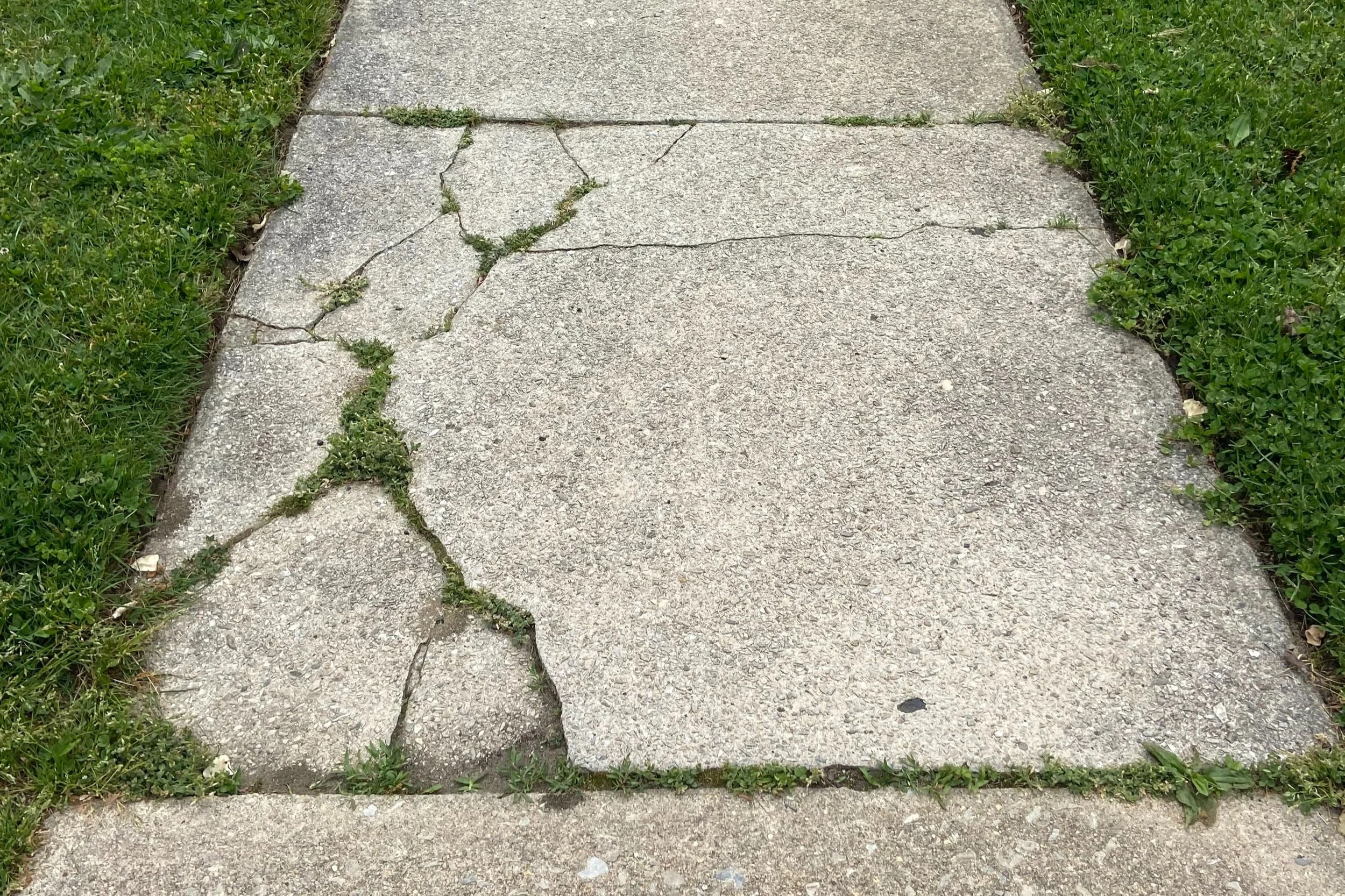Responsible Home Seller
You are preparing to sell your home.
You buzz around like a busy bee addressing items you know will help attract buyers. You clean up the gardens, declutter and purge your personal items, and freshly paint those ‘lived in and loved’ walls.
The ‘For Sale’ sign goes up and you announce the listing everywhere through the local MLS. The property receives strong interest and you sign contracts with a well qualified buyer. The buyer has their home inspection completed and you negotiate agreeable terms to correct the major defects their inspector discovered.
All done right?
Depending on where you live, you have an important step that can’t be missed!
Certificate of Occupancy
Your local municipality may require a Certificate of Occupancy (sometimes called a Certificate of Compliance) at the time of resale. The Seller is typically responsible for obtaining the certificate unless otherwise agreed to within the contract of sale.
The requirements vary from municipality to municipality. Many of the municipalities where I work will first require an application to be submitted (along with an application fee). They will then schedule an inspection to check that the home is compliant with the local resale requirements.
The most common item to be checked is that the smoke detectors, carbon monoxide detectors, and fire extinguishers meet code. Other items (again, depending on your local municipality) may include sidewalks, driveways, loose railings, home address numbers being visible, chipping exterior paint, and defects deemed a safety hazard. Some municipalities may also require sewer lateral inspections and chimney certifications.
Items that are flagged are non-negotiable and must be corrected in order to obtain a certificate.
How do I find my local requirements?
Typically you will be able to find this information on your municipality’s website. You can also call the municipality office and ask them to direct you to the requirements for resale.
When should I address the Certificate of Occupancy items?
I advise finding the information prior to listing the home and address any items that may be flagged as you are preparing the home for sale. Do not order the inspection until you have signed contracts since the certificate does expire after a certain number of days. Be prepared that even with your proactive efforts, the inspector could still find something you were not aware of.
Do I need to make the repairs or can I give a credit?
In order to obtain the certificate, repairs will need to be made and re-inspected for approval. Some municipalities will allow a ‘temporary certificate of occupancy’, which would allow the property to close prior to repairs being complete. All parties will need to agree to this. If this option is available, then a credit to the Buyers can be given and they will be responsible to make the repairs post settlement.
Obtaining a Certificate of Occupancy and addressing municipality required repairs is a step Sellers may not be fully aware of, but should be prepared for. Some municipalities have minimal requirements and it is not a major ordeal. Others have thorough inspections, which can potentially flag expensive repairs.
Being proactive is the best way to guard against ‘inspection shock’ and can hopefully help prevent any delays that may arise.
Keep this step in mind when discussing settlement dates. Sometimes ‘quick close’ deals are great, however if you run into any CO repairs, there could be delays. Get that inspection scheduled early in the process to ensure enough time to address potential issues!
If you have questions, please reach out!


